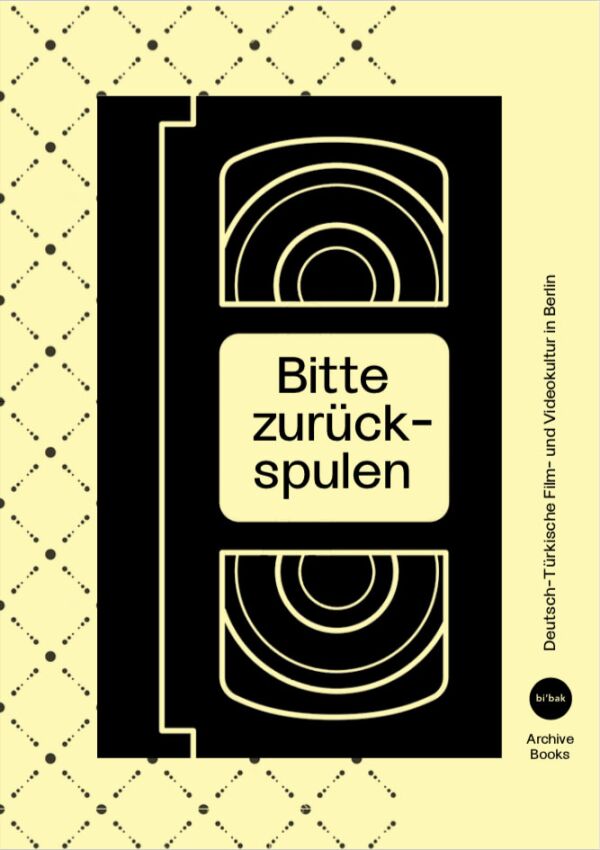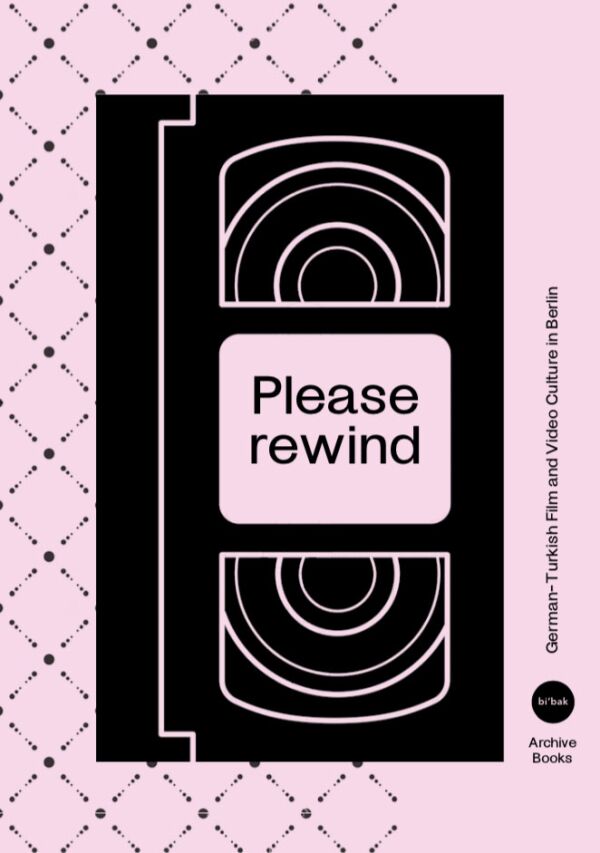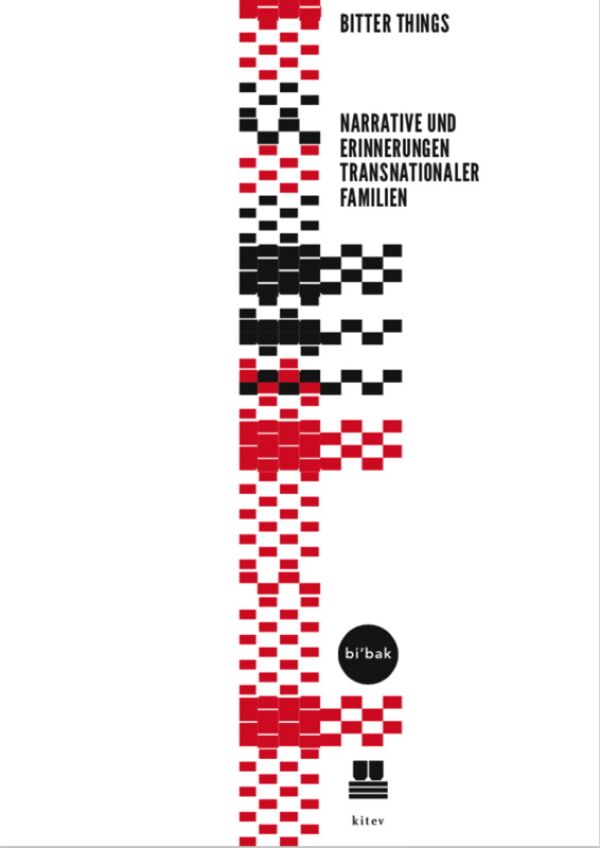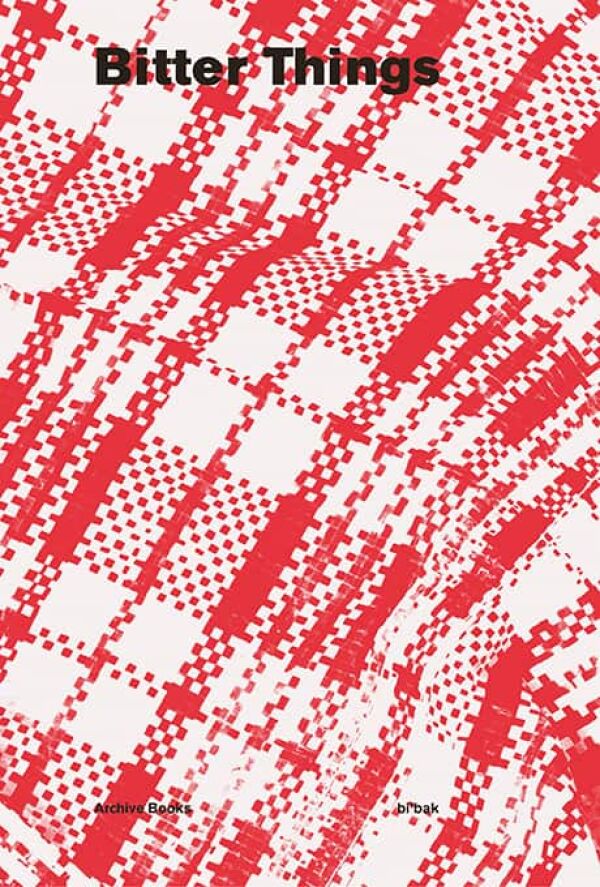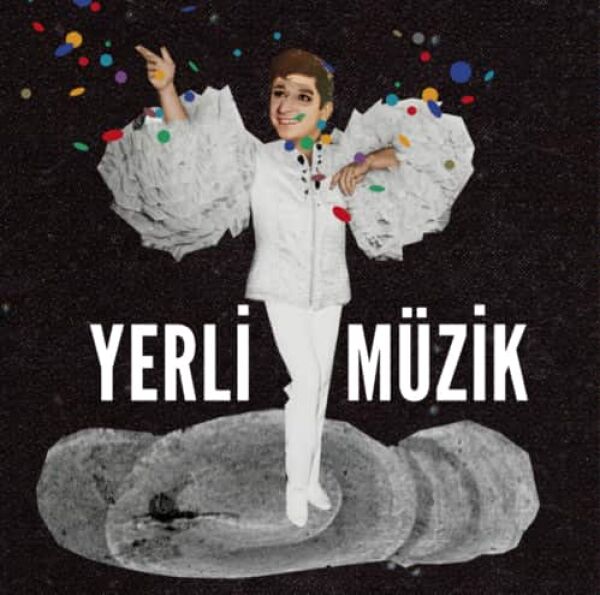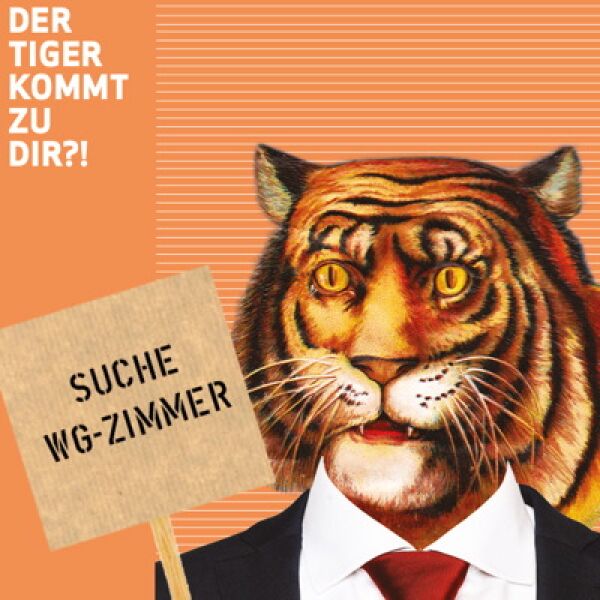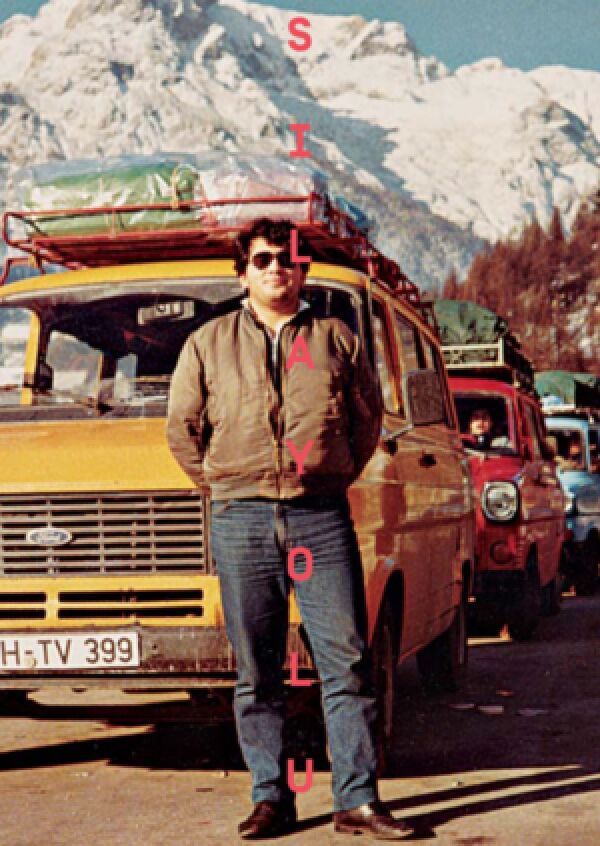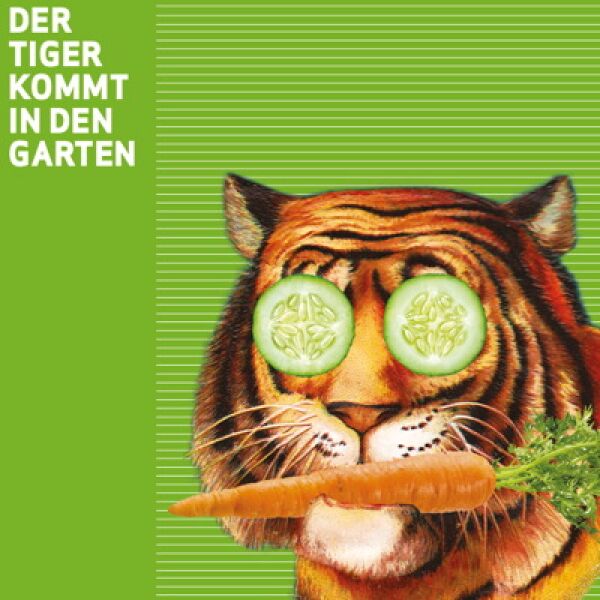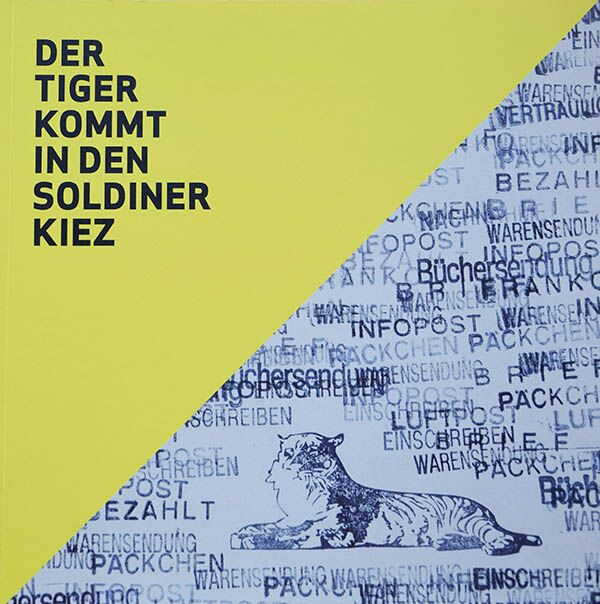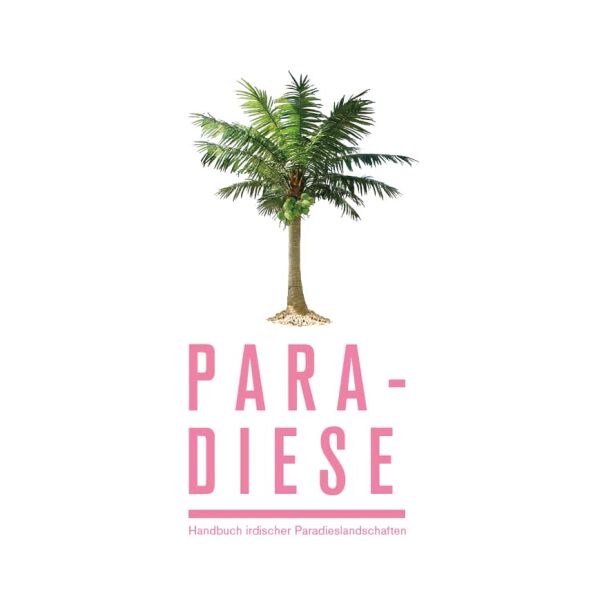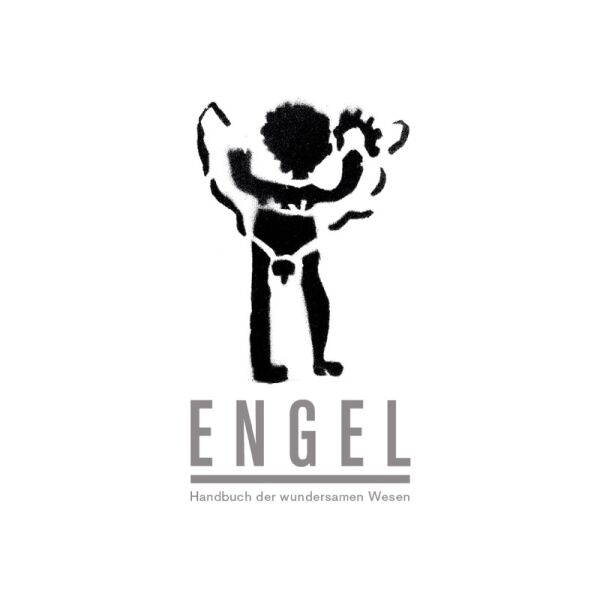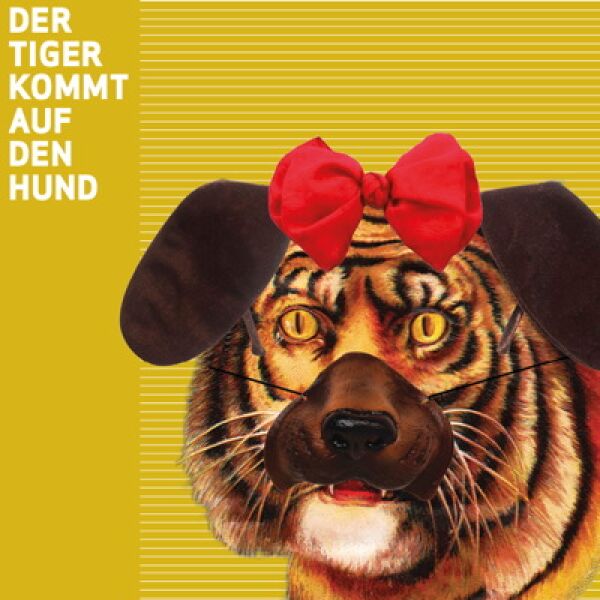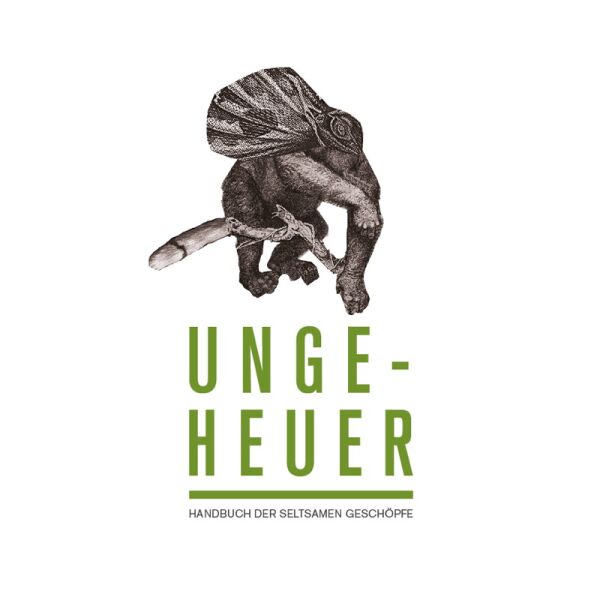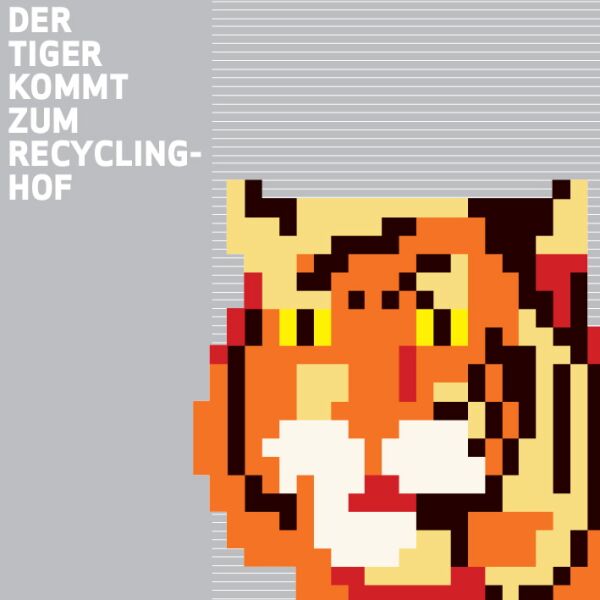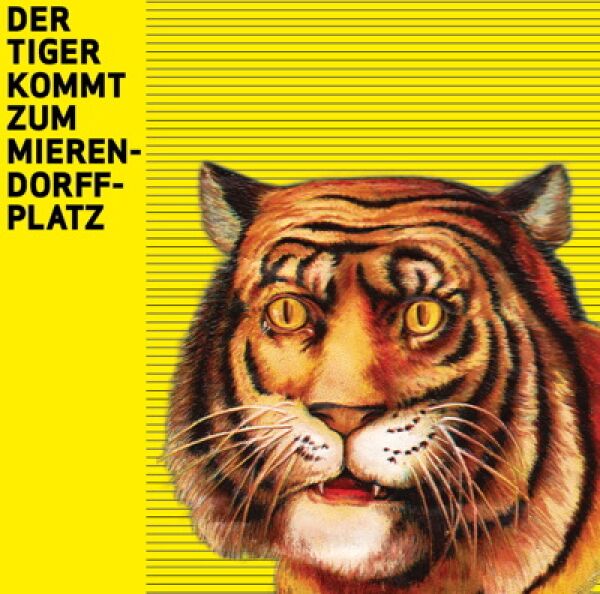DER TIGER KOMMT ZUM RECYCLINGHOF –
The tiger in the consumption circle of capitalism
By bi'bak, 2012, Publisher bi'bak, Cooperation partners Jugendkunstschule Pankow, Language German
The Tiger lived in India or Asia in the jungle and rainforest. Everything was green there. He lived in a cave and always had enough food. He ate monkeys, grass and carrion. The Tiger was rejected by his mother. A hunting party chased the Tiger with tanks and rifles. An agent with a fighter jet fired an atomic bomb and a hydrogen bomb at the Tiger. His life was in danger. He had to flee at the speed of sound. The Tiger became the pet of a rich sultan. The sultan became poor and had to sell the Tiger. He was loaded on a ship that went to Hamburg. He came into a small cage where he felt claustrophobic. On the ship, the Tiger only got fish and was always hungry. The Tiger got sick and he had to throw up. The ship stopped and sunk. The Tiger fell into the water and sharks came. He was rescued by a helicopter. The helicopter crashed. The Tiger saved himself with a jetpack. He drove with an amphibious jeep to the station.The Tiger got on the train to Berlin.
Berlin was a city full of fear of the Tiger. People called out of their cars: "Look Daddy, a Tiger", "Help a Tiger", "Ahhh a Tiger". In Berlin, the Tiger had to go to the immigration office. There, the Tiger was assigned a container by Mr. Porzellan. In it he had but almost nothing that enabled him a Tiger-fair life. Not a single piece of furniture, no bed, no oven, no washing machine. During his usual morning jogging gymnastics, he passed a BSR yard. He watched people throw things in the containers and then drive away. There were a lot of things he could do well. He brought his own container and placed him in the yard.
Will the Tiger be able to set up a cozy home in his new homeland?
This project documentation with film and computergame is part of the series Der Tiger kommt... initiated by Malve Lippmann and Can Sungu. A project of bi'bakwerk in cooperation with the Jugendkunstschule Pankow. Funded by the Berliner Projektfonds Kulturelle Bildung.
Download PDF
